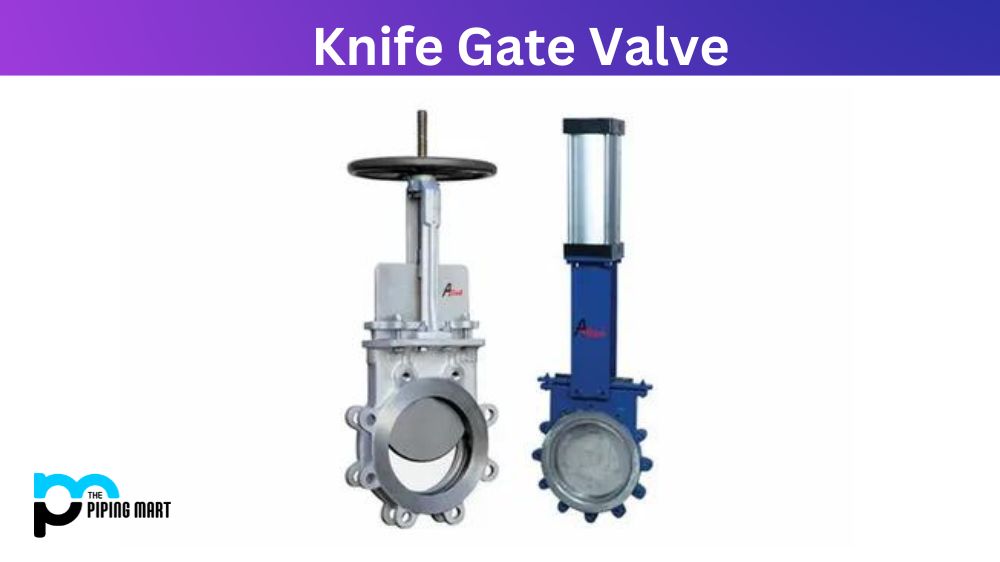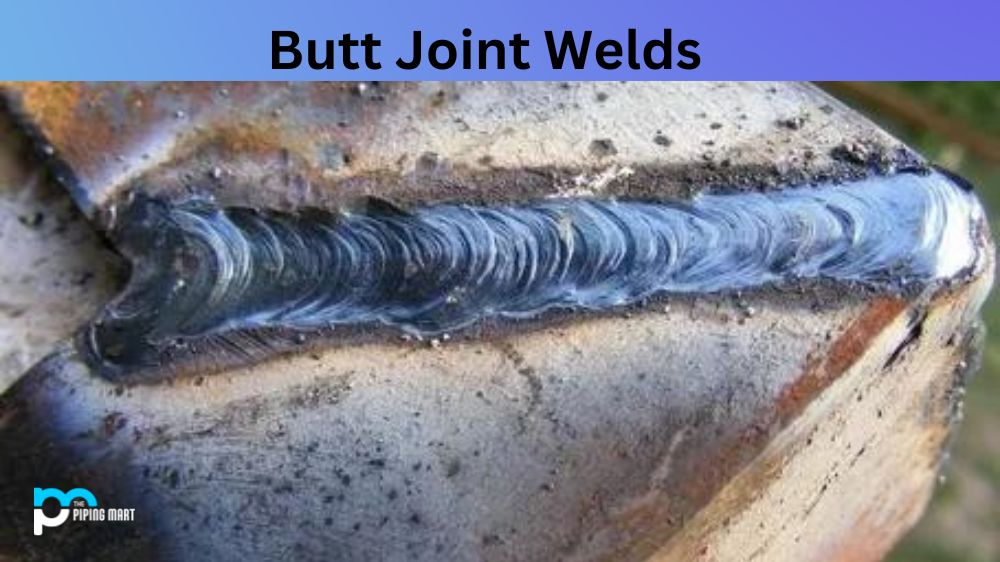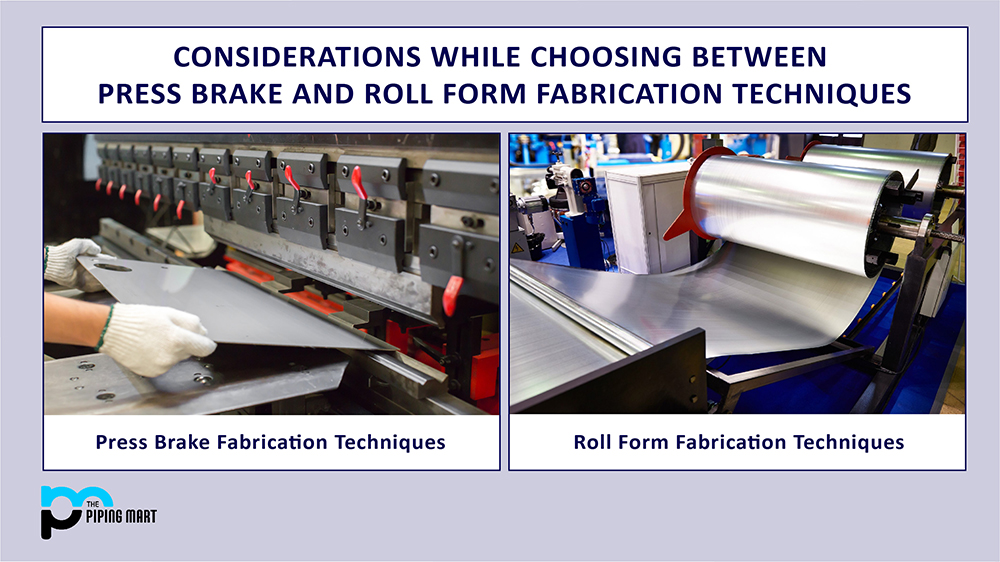When selecting valves for your facility, you may get overwhelmed with the variety of options available in the market. One of the most popular types of valves is the knife gate valve. Knife gate valves are robust, reliable, and versatile, but they may only be suitable for some applications. In this blog post, we will discuss the advantages and disadvantages of using knife gate valves in your facility so you can make an informed decision when selecting the right valve for your needs.
Advantages of Knife Gate Valves:
High flow capacity: Knife gate valves are particularly suitable for applications that require high flow capacity and low-pressure drop. Their design allows for a larger flow path than other types of valves, which means they can handle high volumes of fluid with ease.
Tight shut-off: Knife gate valves offer excellent shut-off capabilities, making them ideal for applications that require complete isolation of the flow path. Their design also allows for a high degree of accuracy in controlling the flow rate.
Minimal pressure drop: Compared to other types of valves, knife gate valves have a low-pressure drop and offer smooth operation. This makes them a popular choice for slurry applications as they prevent any blockages from occurring within the valve.
Customizable: Knife gate valves are highly versatile and can be adapted to suit various applications. They are designed to withstand harsh environments and can be made from a range of materials, including stainless steel, cast iron, and plastic.
Disadvantages of Knife Gate Valves:
Limited pressure rating: While knife gate valves are great at handling low-pressure applications, they may not be suitable for high-pressure applications. They have a limited pressure rating range and may not be able to withstand high-pressure surges.
Heavy and bulky: Knife gate valves can be quite heavy and bulky, which may make them difficult to install and maintain in certain applications.
Not suitable for high-temperature applications: Knife gate valves are not recommended as they can often warp and deform under extreme heat.
Prone to clogging: In some applications, knife gate valves may be prone to clogging or particle build-up, which can cause damage to the internal components.
Conclusion:
Overall, knife gate valves are a popular choice for various industrial applications thanks to their high flow capacity, tight shut-off, and minimal pressure drop. They are also highly customizable and can be adapted to suit a range of environments. However, they may not be suitable for high-pressure or high-temperature applications and may be prone to clogging in some instances. It’s important to consider the specific requirements of your facility and the application before selecting the right valve for your needs. If in doubt, consult a valve expert who can advise on the best valve type for your specific requirements.
Sakshee is a talented blogger, with a particular focus on the Business and Metal Industry. She is passionate about sharing her insights on various metal products and helping professionals to make a better decisions.




